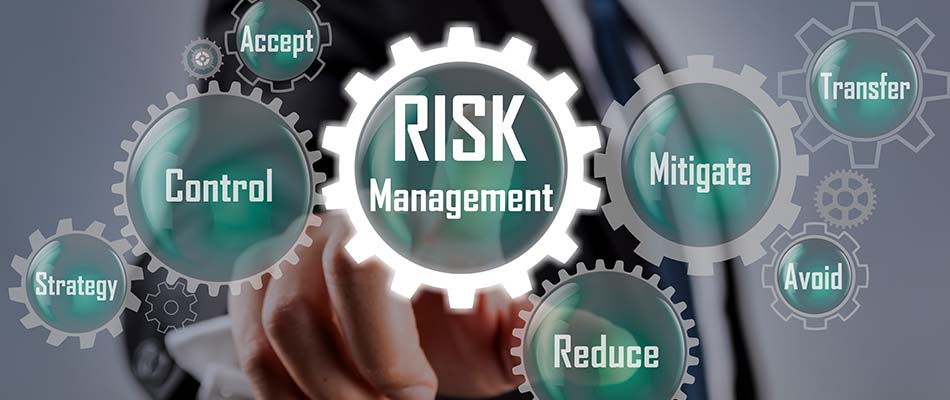Why you need Technology to step up your Property Management Game in 2023.

Introduction
Property management has come a long way over the years. From spreadsheets and paper records to advanced software and smart devices, technology has revolutionized the way we manage properties. In 2023, the need to use technology for property management is more critical than ever. As the real estate industry continues to evolve, property managers must adapt to stay competitive, efficient, and responsive to the ever-changing demands of tenants and property owners. In this article, we will explore the compelling reasons why embracing technology in property management is not just a choice but a necessity.
- Efficiency and Time Savings
One of the most significant benefits of using technology in property management is the increase in efficiency and time savings. Tasks that used to be manual and time-consuming, such as rent collection, maintenance scheduling, and tenant communication, can now be automated through property management software. This allows property managers to focus their time and energy on more strategic aspects of their job, such as improving tenant satisfaction and growing their property portfolio.
- Streamlined Communication
In 2023, tenants expect quick and seamless communication with property managers. Technology enables property managers to maintain open lines of communication through email, messaging apps, and online portals. Tenants can easily submit maintenance requests, pay rent online, and receive important updates, leading to improved tenant satisfaction and retention.
- Data-driven Decision Making
Modern property management software collects and analyzes vast amounts of data, providing property managers with valuable insights into their properties’ performance. With data-driven decision-making, property managers can optimize rental pricing, identify maintenance trends, and make informed investment decisions. This analytical approach helps maximize profitability and ensures that properties are well-maintained.
- Enhanced Security
Security is a top concern for both property managers and tenants. Technology plays a crucial role in enhancing security through features such as smart locks, security cameras, and access control systems. Property managers can remotely monitor and control access to properties, ensuring the safety of tenants and their belongings.
- Sustainability and Energy Efficiency
In an era of increasing environmental consciousness, technology can help property managers implement sustainable practices. Smart thermostats, energy-efficient lighting, and water-saving devices can be remotely managed and monitored, reducing utility costs and environmental impact. Sustainable properties also appeal to environmentally-conscious tenants and property owners.
- Remote Property Management
The ability to manage properties remotely has become a necessity, especially in times of crisis, like the COVID-19 pandemic. Property management software and virtual property tours allow property managers to conduct business from anywhere in the world. This flexibility not only ensures business continuity but also opens up opportunities for managing properties in different geographical locations.
- Enhanced Financial Management
Property management software simplifies financial management by automating rent collection, tracking expenses, and generating financial reports. Property managers can easily keep track of their property’s financial health and ensure that rent payments are received promptly.
- Compliance and Regulations
Property management involves navigating a complex web of legal and regulatory requirements. Technology can help property managers stay compliant with local, state, and federal regulations by automating lease document management, ensuring timely inspections, and tracking necessary permits and licenses.
Conclusion
In 2023, the real estate landscape is more competitive and dynamic than ever before. Property managers who resist the integration of technology into their operations risk falling behind. Embracing technology for property management isn’t just a matter of convenience; it’s a necessity for staying efficient, competitive, and compliant with evolving industry standards. From streamlining communication to enhancing security and sustainability, technology is reshaping the future of property management, and those who leverage its potential will undoubtedly thrive in the years to come.




